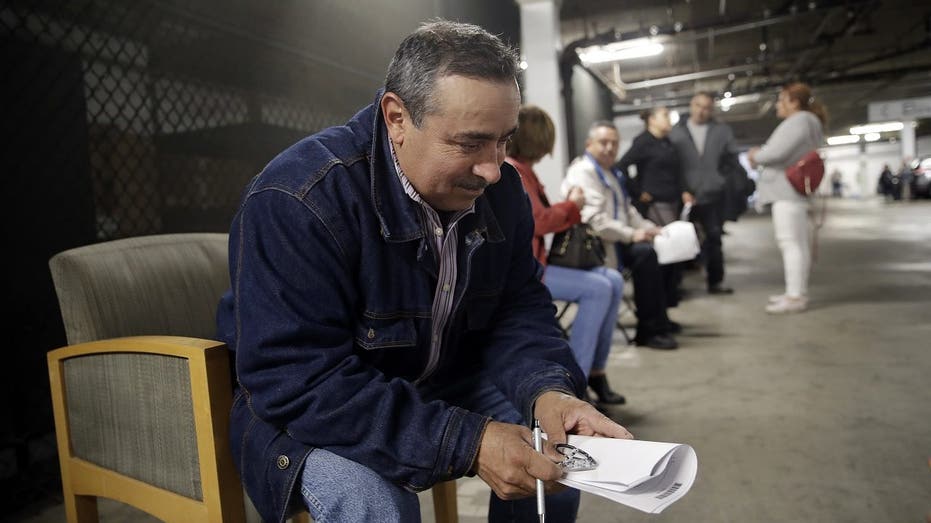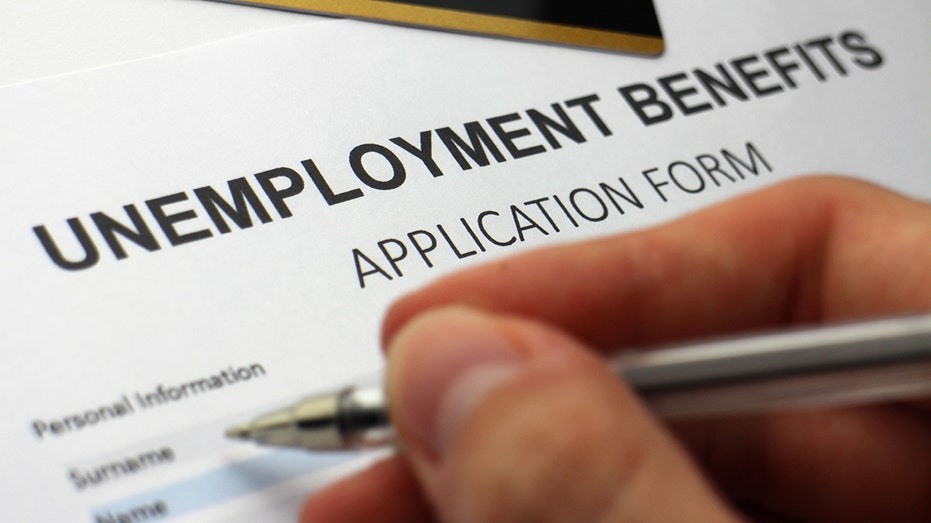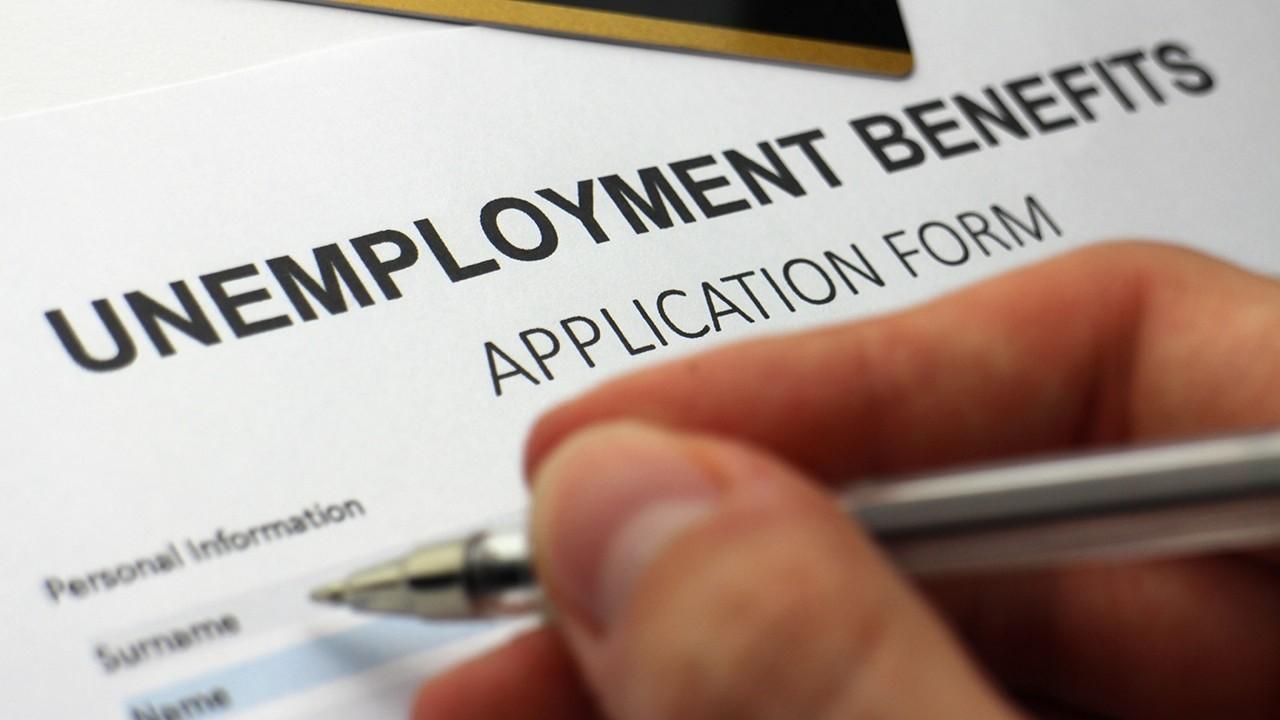How to apply for unemployment benefits
Coronavirus is causing many workers to wonder how they'll afford rent
Unemployment numbers climb to 30k in Connecticut alone: Report
According to the Hartford Courant, jobless claim numbers are rising more than 10 times the normal rate. FOX Business' Dagen McDowell with more.
The coronavirus pandemic's effect on the economy has many workers in the restaurant, hospitality and other industries wondering when they will see their next paycheck as government leaders try to combat the possibility of skyrocketing unemployment.
New York's unemployment website crashed several times on Monday as the coronavirus pandemic has put tens of thousands of people out of work across the state.
CORONAVIRUS OUTBREAK TO CAUSE SHARP CONTRACTION IN US ECONOMY: GOLDMAN SACHS
The crashes came after groups like the Actors' Equity Association, a theatre actors union, encouraged members to file for unemployment.

Unionized hospitality workers, including Luis Estrada, wait in line in a basement garage to apply for unemployment benefits at the Hospitality Training Academy March 13, in Los Angeles. (AP Photo/Marcio Jose Sanchez)
"Our general advice is to file for unemployment as soon as possible to minimize the time it will take for you to collect benefits should you become eligible," Actors' Equity told members in an email obtained by FOX Business. "Filing for unemployment simply creates an account with a state's department of labor; it does not mean you are seeking benefits for any particular week."
Here's what you should know about applying for the benefit:
1. Each state administers its own unemployment insurance program.
The Department of Labor recommends that individuals connect with state programs, which typically allow claims to be filed in person, online or by telephone.
Out-of-work Ohio residents, for example, may apply with their state's Department of Job and Family Services. You can find your state's program at this government-sponsored website.

iStock
Individuals seeking unemployment insurance file weekly claims and don't have to opt out when they find employment — instead, they just stop filing for the benefit.
2. Coronavirus means states can be more flexible with unemployment benefits.
Many workers are seeing their employers shutter with no determined reopening date because of the virus. Federal law says that states can allow individuals to apply for unemployment insurance in cases like that. Individuals who are in quarantine or caring for infected loved ones can be covered, too.
3. Most states require enrollees to be actively looking for work.
Most individuals will have to prove they are actively looking for a new job to qualify. However, the pandemic is causing major recession fears, and leaders like Treasury Secretary Steven Mnuchin are planning for scenarios that could include unemployment hitting 20%.
4. It can take two to three weeks before a check is in the mail.
Some states require applicants to wait a week before they begin the payment process, though New York is waiving its seven-day waiting period for those out of work due to the pandemic.
CLICK HERE TO READ MORE ON FOX BUSINESS





















